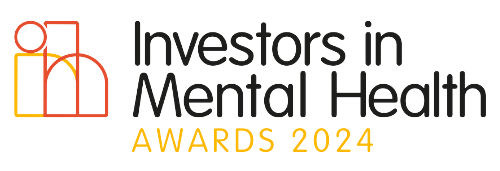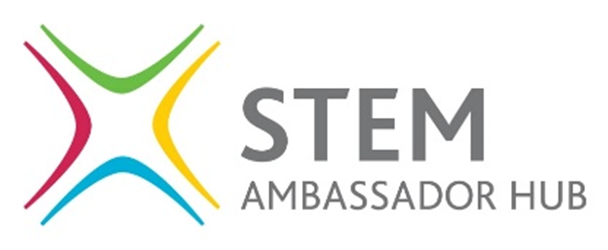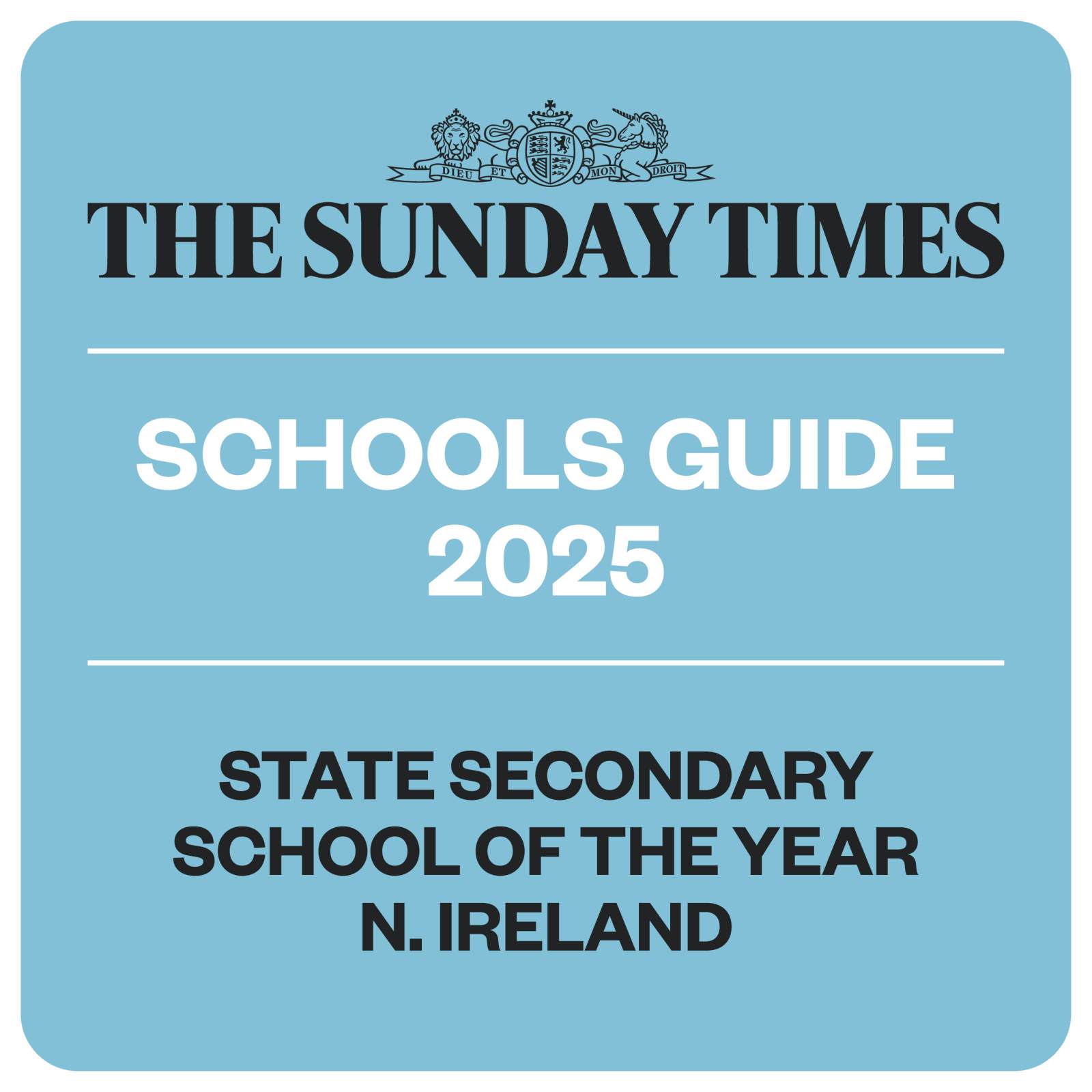History
SPECIFIC AIMS OF THE DEPARTMENT
Aims of the History Department
The History Department aims, above all, to nurture each pupil’s interest in and enthusiasm for the study of History and to appreciate its relevance to the present and the future.
It encourages our pupils to:
• develop as effective and independent learners with enquiring minds.
• develop the ability to ask relevant and significant questions about the past, to investigate issues critically and to make valid historical claims using a range of sources.
• develop an awareness of how the past has been represented, interpreted and given significance for different reasons and purposes.
• develop the ability to effectively communicate historical knowledge and understanding in a range of ways, presenting coherent arguments and making substantiated judgements.
• develop higher-order thinking skills, such as creative thinking and problem-solving.
• provide extended responses and evidence of quality of written communication.
• demonstrate that they can understand and apply key historical terms, concepts and skills.
• develop advanced study skills in preparation for third-level education.
EXAM BOARD
CCEA
OVERVIEW OF KEY STAGE 3 CURRICULUM
Key Stage 3
At Key Stage 3, History is delivered during three periods per week.
Pupils in Years 9 and 10 complete four data tracking assessments throughout the year while pupils in Year 8 complete three. These include examinations in December and June.
Year 8 Curriculum
Year 8 pupils study the following topics:
• What is History?
• The Normans
• The Anglo-Normans
• The Black Death
• The Development of Democracy and Parliament
Year 9 Curriculum
Year 9 pupils study the following topics:
• A Changing World – Early Modern Times
• The Defeat of the Spanish Armada
• The Ulster Plantation
• The First World War
Year 10 Curriculum
Year 10 pupils study the following topics:
• The Black Peoples of America
• The Holocaust
• The Causes and Consequences of the Partition of Ireland
OVERVIEW OF KEY STAGE 4 CURRICULUM
https://ccea.org.uk/key-stage-4/gcse/subjects/gcse-history-2017
Key Stage 4
At Key Stage 4, the CCEA GCSE History specification is delivered during four lessons per week. Pupils in Years 11 complete four data tracking assessments throughout the year, while pupils in Year 12 complete three.
Unit 1 (60%)
External written examination 1 hour 45 minutes.
Assessment of this unit will take place at the end of Year 12.
Section A Modern World Studies in Depth: Life in Nazi Germany, 1933–45
In Unit 1 Section A students answer five questions. These include short response questions, structured questions and an essay question.
The topics covered are:
• Hitler’s Takeover of Power, 1933-34
• Control and Opposition
• Life for Workers
• Life for Women and the Family
• Life for Young People
• Life for the Jewish Community and Minorities
• Germany at War
Section B: Local Study: Changing Relations: Northern Ireland and its Neighbours, 1920–49
In Unit 1 Section B, students answer six questions. The paper includes source-based questions, a structured question and an essay question.
The topics covered are:
• The partitioning of Ireland
• From Irish Free State to Éire
• The Economic War
• Northern Ireland and World War II
• Éire's neutrality and its impact on relationships during the war
• German attacks and their impact on Britain, Northern Ireland and Éire
• Life in post-war Northern Ireland and Éire, 1945–49
• Constitutional changes and effects on relationships
Unit 2: Outline Study: International Relations 1945-2003 (40%)
External written examination 1 hour 15 minutes.
Assessment of this unit will take place at the end of Year 12.
Students answer six questions. The paper includes source-based questions, a structured question and an essay question.
The topics covered are:
• Co-operation ends and the Cold War
• Emerging superpower rivalry and its consequences, 1945–49
• Flashpoints in Europe and the impact on international relations
• Flashpoints outside Europe and the impact on international relations
• The end of the Cold War, 1985–91
• New tensions emerge, 1991–2003
OVERVIEW OF KEY STAGE 5 CURRICULUM
https://ccea.org.uk/post-16/gce/subjects/gce-history-2019
Key Stage 5
At Key Stage 5, the History Department offers History at AS and A2 Level. Pupils follow the CCEA specification. At AS and A2 Level, History is delivered over 8 periods per week.
At AS Level, pupils must complete two modules. A further two modules must be completed at A2 Level. Pupils in Years 13 and 14 complete three data tracking assessments throughout the year.
AS History
Unit 1: Option 5: Historical Investigations and Interpretations
Germany 1918-1945 (50% of AS, 20% of A Level)
External written examination 1 hour 30 minutes.
Assessment of this unit will take place at the end of Year 13
Students answer a short response question and a two-part source question.
The topics covered are:
• The Weimar Republic 1919–29
• The decline of the Weimar Republic 1929–33 and the rise of the Nazis
• Developments in Nazi Germany 1933–39
• The impact of the war on Nazi Germany and the occupied territories in Eastern Europe 1939–45
Unit 2: Option 5: AS 2: Historical Conflict and Change
Russia 1914-41 (50% of AS, 20% of A Level)
External written examination 1 hour 30 minutes.
Assessment of this unit will take place at the end of Year 13
Students answer two questions from a choice of three. Each question has two parts, a short response and an extended essay.
The topics covered are:
• The Revolutions of February and October 1917
• Lenin’s Russia 1917–24
• Stalin’s rise to power and dictatorship 1924–41
• The economy 1924–41
A2 History
A2 1 Option 4: Change Over Time
The American Presidency 1901–2000 (20% of A Level)
External written examination 1 hour 15 minutes. Students answer a synoptic essay question
Assessment of this unit will take place at the end of Year 14
The topics covered are:
• An emerging international presence: Theodore Roosevelt and Woodrow Wilson, 1901–20
• The passive presidents: Harding, Coolidge and Hoover, 1921–32
• The New Deal: FDR, the Great Depression and World War II, 1933–45
• The ‘Imperial Presidency’: Truman, Eisenhower and Kennedy, 1945–63
• The limits of presidential power: Johnson and Nixon, 1963–73
• Watergate: the presidency weakened – Nixon, Ford and Carter, 1972–80
• ‘Morning in America’: recovery under Reagan, Bush and Clinton, 1981–2000
Unit 4: Option 4: A2 2: Historical Investigations and Interpretations
Partition of Ireland 1900-1925 (40% of A Level)
External written examination 2 hours 30 minutes. Students answer three questions; two are source-based and one is an extended essay.
The topics covered are:
• The crisis over the Third Home Rule Bill up to September 1914
• Political developments 1914–18
• Political developments 1910-23
• Northern Ireland 1921–25
ADDITIONAL INFORMATION
Extra-Curricular Provision
The History Department contributes to the school’s extra-curricular provision. Extra-curricular activities include:
• Field trips to Somme Heritage Centre
• Anglo-Normans in Ireland Outreach Programme
• GCE Conferences at the Somme Heritage Centre
• Guest speakers
• Involvement in the Lessons from Auschwitz programme (Holocaust Educational Trust)
• Assemblies/Activities for Holocaust Memorial Day (Holocaust Educational Trust)
• Competitions including The Great Debate












